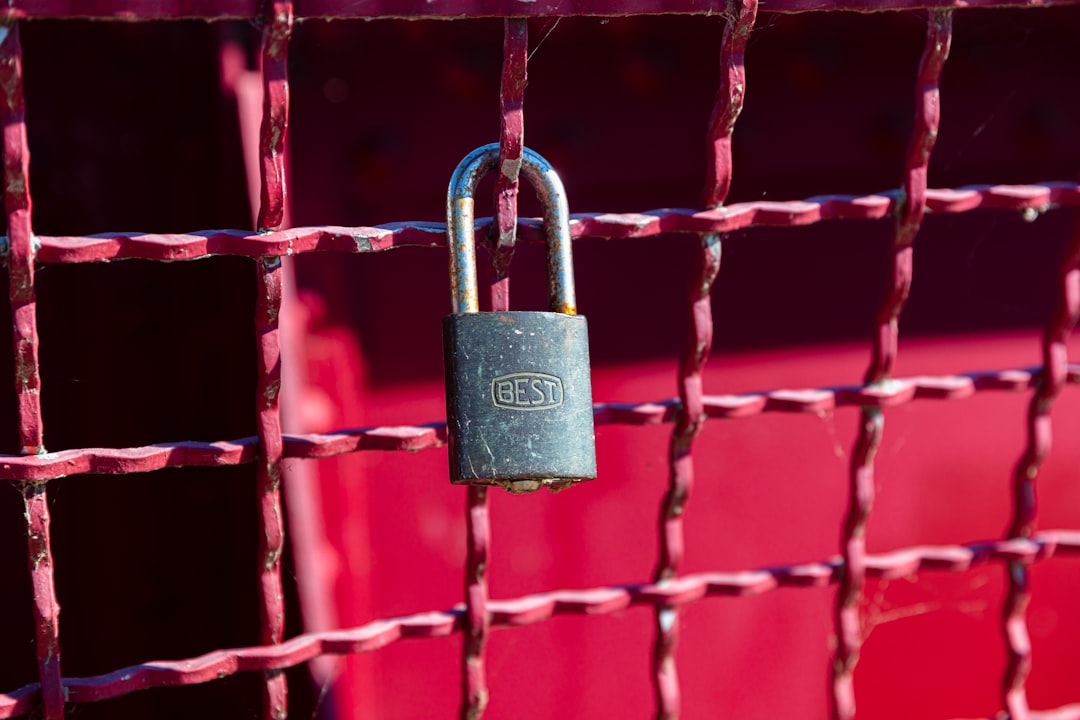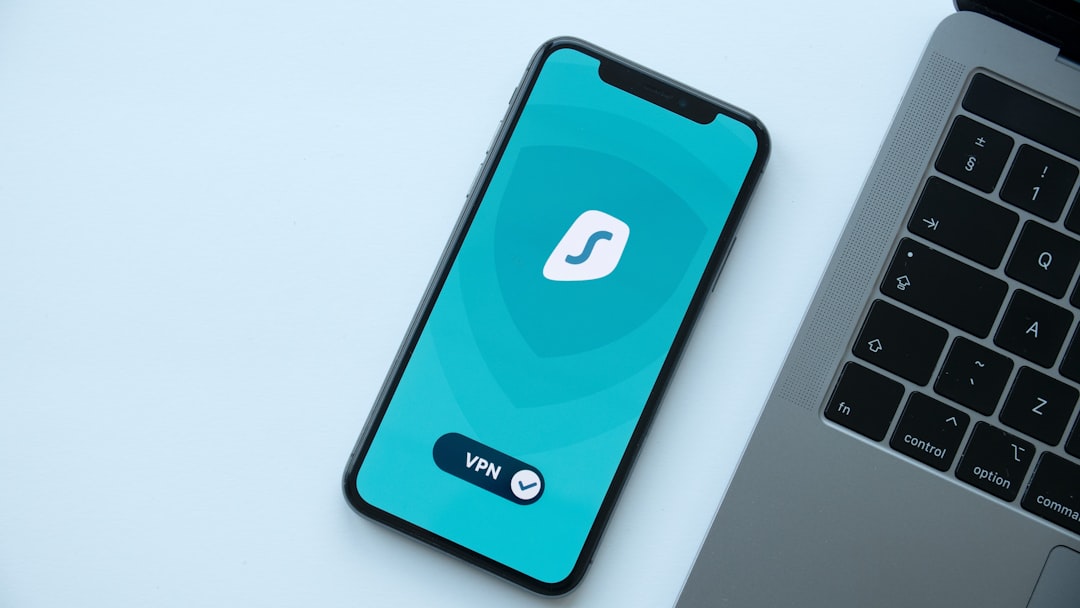As people increasingly spend more time online for everything from work to entertainment, the importance of maintaining digital privacy has never been greater. One of the most effective tools for protecting personal data and browsing habits is a Virtual Private Network, commonly known as a VPN. For beginners, understanding what a VPN is, how it works, and why it’s essential can seem overwhelming—but it doesn’t have to be.
What Exactly Is a VPN?
A Virtual Private Network (VPN) is a service that encrypts your internet connection and routes it through a secure server. This process hides your IP address and makes it much harder for third parties like hackers, advertisers, or even government organizations to track your online activity. In essence, a VPN acts as a secure tunnel between your device and the internet.

When you use a VPN, your data travels through this encrypted tunnel before it reaches its destination. This means that even if someone intercepts your data, they won’t be able to read it. It also allows you to appear as if you’re connecting from a different location, which can help bypass regional internet restrictions.
Why Should You Use a VPN?
There are several compelling reasons to consider adding a VPN to your list of essential digital tools.
- Protect Your Privacy: A VPN masks your IP address and encrypts your online activities so you can browse the internet anonymously.
- Stay Safe on Public Wi-Fi: Using public Wi-Fi at coffee shops, airports, or hotels can expose your data to cybercriminals. A VPN safeguards your connection.
- Bypass Geo-Restrictions: Some content or services may only be available in certain countries. A VPN can make it appear as if you are browsing from a different location.
- Avoid Bandwidth Throttling: Some ISPs slow down your connection when you stream videos or download files. A VPN can help avoid this by hiding your activity.
- Access Better Deals: Prices for services like airline tickets or software can vary based on your location. A VPN can help you find better prices.
How Does a VPN Work?
When you connect to a VPN, a few key things happen:
- Your device connects to the internet via the VPN’s secure server.
- Your data becomes encrypted, meaning it’s scrambled into a form that can’t be understood without a key.
- The websites you visit only see the VPN server’s IP address—not your actual IP address.

This process ensures that even your Internet Service Provider (ISP) can’t see what websites you’re visiting or what data you’re sharing. It’s especially useful for high-risk environments such as foreign travel or remote work.
Choosing the Right VPN
With so many options available, picking the right VPN service can be daunting. Here are some key features to consider:
- Encryption Level: Look for a VPN that uses strong encryption like AES-256.
- No-logs Policy: Choose a VPN that doesn’t keep logs of your activity.
- Speed and Bandwidth: Good VPNs won’t noticeably slow down your connection.
- Server Locations: More server locations give you more options to browse anonymously from different regions.
- Customer Support: Reliable customer service can be crucial if you run into any issues.
Most reputable VPNs offer user-friendly interfaces suitable for beginners, along with helpful tutorials and guides to get you started.
Conclusion
In a world where data privacy is constantly under threat, using a VPN is a smart and proactive step toward securing your online activity. Whether you’re concerned about security on public Wi-Fi, want to access restricted content, or simply value your privacy, a VPN offers a simple yet powerful solution.
FAQs
- Is using a VPN legal?
- Yes, in most countries, using a VPN is perfectly legal. However, some governments restrict or ban VPN use, so it’s essential to understand your local laws.
- Will a VPN slow down my internet speed?
- Because VPNs encrypt your data and reroute your connection, some slowdown is possible. However, top-tier VPNs are optimized for minimal impact on speed.
- Can I use a VPN on my smartphone?
- Absolutely. Most VPN providers offer apps for both iOS and Android devices, making it easy to protect your phone or tablet.
- Does a VPN make me completely anonymous online?
- A VPN significantly improves your online privacy, but it’s not a guarantee of total anonymity. Combining it with other measures like secure passwords and privacy-focused browsers strengthens your security.
- Are free VPNs safe to use?
- Some free VPNs can be risky, as they may track your data or show intrusive ads. It’s generally safer to invest in a reputable paid VPN service.
